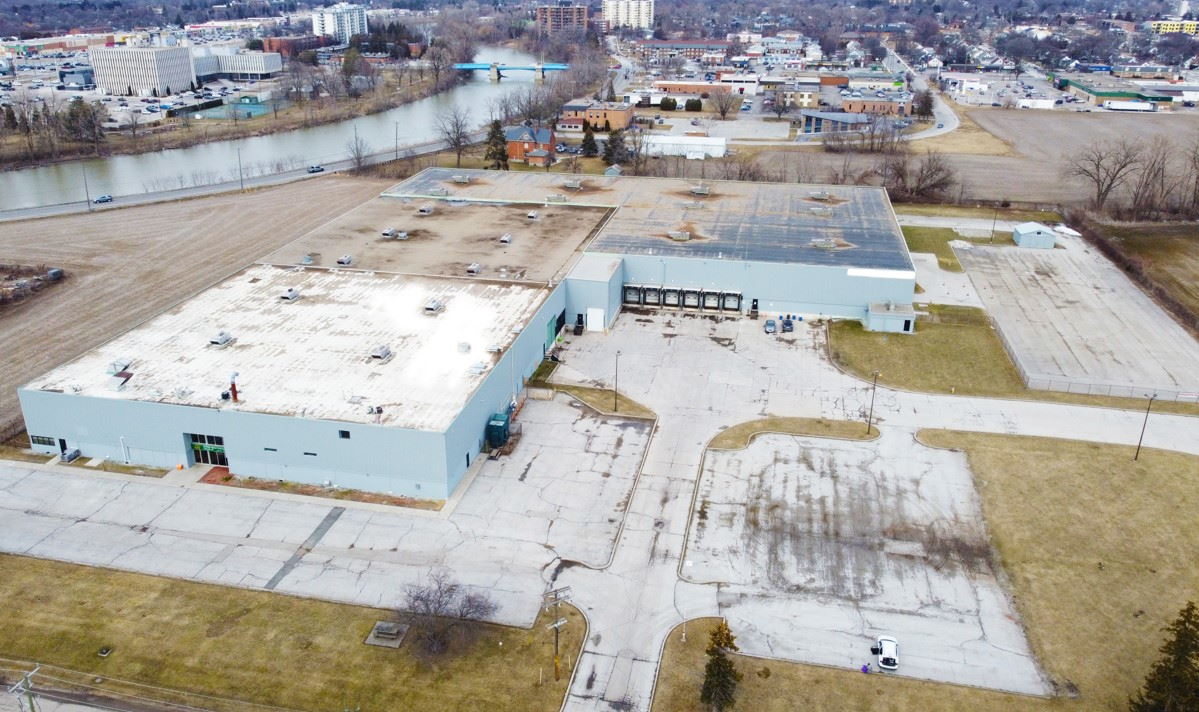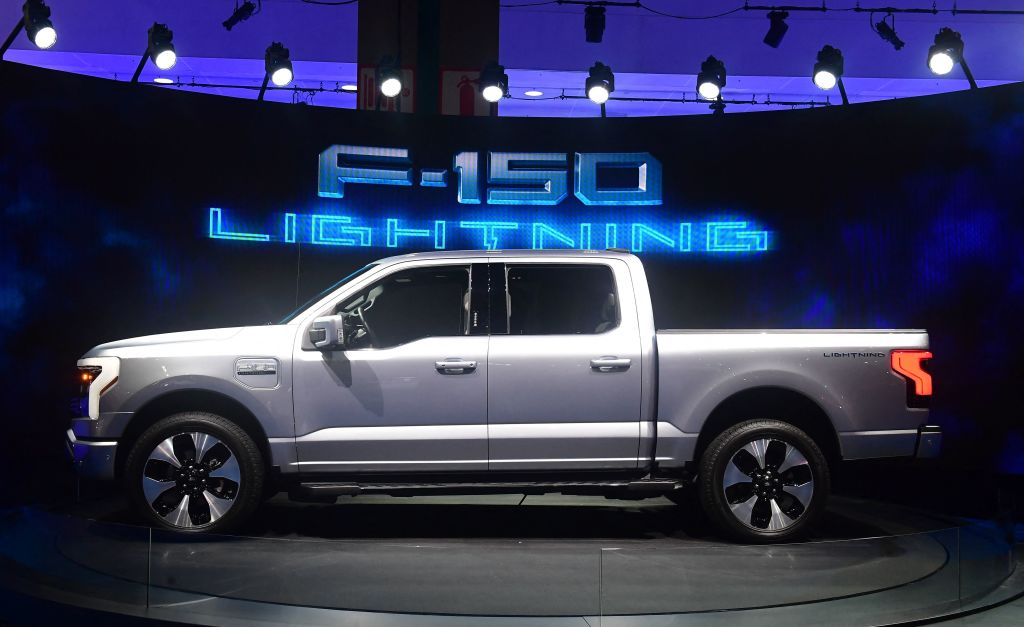Auto parts giant Magna International Inc. unveiled plans Wednesday to open a new 170,000 square foot facility in Chatham-Kent to manufacture battery enclosures for Ford Motor Co.

The Aurora, Ont.-based firm says the new Chatham plant will see up to 150 new jobs created, and will produce the enclosures for the American automaker’s new Ford F-150 Lightning truck.
Chatham-Kent Mayor Darrin Canniff said Wednesday that the city was thrilled Magna chose the community for the location of the new facility.
“We’ve been working with them for nearly a year now. They go through a pretty extensive process as far as selecting locations, so we were able to check all the boxes and they selected us,” he said.
“The spin-off from that plant is going to be huge, not just for Chatham-Kent, but for the region … the company said they’re going to be spending $50-100 million to set this plant up, so even for Magna, that’s a significant chunk of dollars to invest.”
Magna says the plant will be an extension of its existing presence in St. Thomas to support new business from Ford.

Get breaking National news
The company operates Formet Industries, an automotive frame manufacturing plant, and Presstran Industries, which makes structural components for the auto sector, under its Cosma Structural Systems Group.
Global News reached out to Magna for comment Wednesday however no one was available for an interview before publishing time.
The new plant is set to open in the fall at 125 Irwin St., the longtime former home of Crown Metal Packaging Canada, which manufactured cans for the food industry until 2015.
“The building itself has been used for warehousing predominantly since since (Crown Metal) left production. It’s had a number of different businesses in there, but it definitely has not had the employee level that it had while it was (Crown Metal),” said Daniel Josling, chair of the Chatham-Kent Chamber of Commerce.
“Up until about five years ago, this area had an abundance of abandoned manufacturing facilities, and this will be one of the last one of these buildings to be re-utilized either as a manufacturing facility or be repurposed.”

Canniff said the new plant would be a boon for Chatham-Kent’s manufacturing sector, which has been experiencing a rebirth after being hit hard by the closure of the Navistar plant in 2011. The plant, which produced heavy duty commercial trucks, was demolished in 2013.
Full time jobs at the Chatham facility will start at $22.90 an hour, going as high as nearly $40 an hour for skilled trade positions, Canniff said.
“They’ve already hired some employees. They’re working with St. Thomas as well, doing some training there, and we’re going to have more and more people starting to work over the summer.”
The news of the Chatham-Kent plant comes a week after the province announced that a large-scale EV battery plant would open in Windsor. That facility, which will supply Stellantis plants in North America, will employ about 2,500 people and is expected to be fully operational by 2025.
The Chatham announcement is the first major news since then for spin-off manufacturing jobs in the auto battery sector, Josling said.
“I think it’s excellent for everybody to see Chatham-Kent going back to its roots as an automotive parts manufacturer,” he said.
Ford says deliveries of the F-150 Lightning are scheduled to begin this spring, and demand for the vehicle has been high. In January, the automaker said it had roughly 200,000 reservations for the vehicle, prompting it to nearly double production to 150,000 trucks annually.
The automaker says it expects half of its vehicles will be electric by 2030.
— With files from The Associated Press













Comments